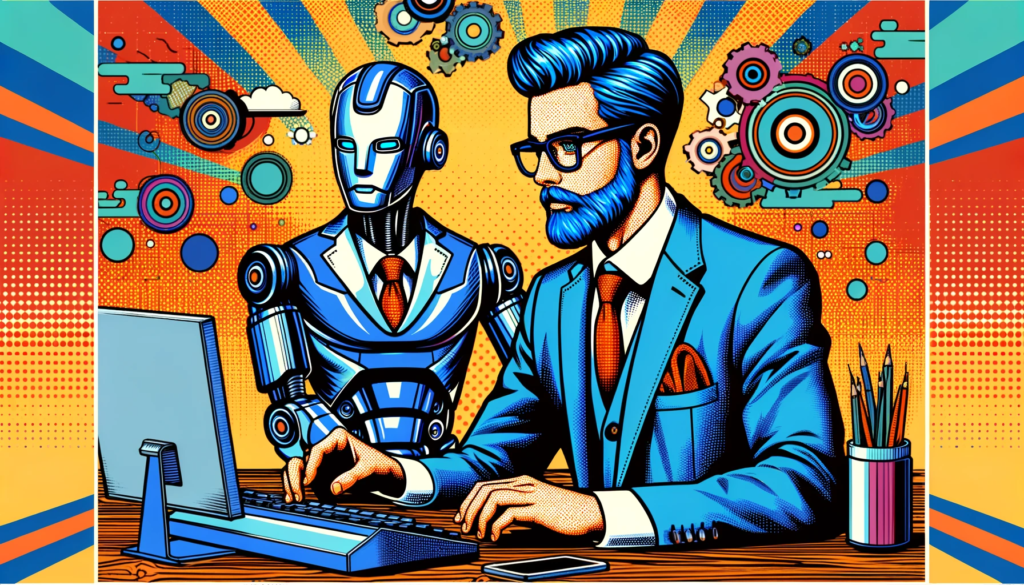Artificial Intelligence (AI), and in particular Machine Learning (ML), relies heavily on data. The more data the algorithms can learn from, the better they become at making accurate predictions.
However, the need to handle vast amounts of data gives rise to concerns about data privacy.
This is where blockchain technology comes into play. In this article, we will explore how blockchain could be the key to ensuring data privacy in the realm of AI and Machine Learning.
The Data Privacy Challenge in AI
AI algorithms, particularly in ML, thrive on data. They learn and improve their accuracy through continuous exposure to vast amounts of data. But the use of such data, especially personal data, presents critical privacy issues:
- Data Security: Ensuring the security of data against breaches is paramount.
- Data Misuse: There’s a risk that data can be used for purposes other than what it was intended for, raising ethical concerns.
- Data Ownership: Individuals who provide data often have little control over their data once it’s shared.
Addressing these challenges is crucial for the sustainable growth of AI, and this is where blockchain can make a significant impact.
Role of Blockchain in Ensuring Data Privacy in AI
Blockchain can enhance data privacy in AI and Machine Learning in several ways:
Ensuring Data Security
Blockchain’s cryptographic security features ensure that data stored on the blockchain is secure and tamper-proof. This significantly reduces the risk of data breaches.
Maintaining Data Privacy
With blockchain, data can be anonymised and yet remain verifiable. This allows AI algorithms to learn from the data without compromising the privacy of individuals.
Facilitating Data Ownership
Blockchain enables the creation of decentralised data marketplaces where individuals can share their data with AI developers in a controlled manner. Individuals can decide who can access their data and for what purpose, thereby maintaining control over their data.
Enforcing Accountability
The transparent and immutable nature of blockchain ensures that all transactions involving data are traceable. This enforces accountability and discourages misuse of data.
However, integrating blockchain into AI and Machine Learning is not without its challenges.
Overcoming Hurdles: Challenges in Integrating Blockchain with AI
There are several challenges that need to be addressed for the successful integration of blockchain with AI:
- Scalability: Blockchain networks, particularly those using Proof of Work (PoW), can face scalability issues when dealing with large volumes of data needed for AI applications.
- Processing Speed: The time taken to confirm transactions on the blockchain could impact the real-time processing needs of AI applications.
- Data Quality: While blockchain can ensure data integrity, it does not automatically guarantee data quality. Ensuring the accuracy and reliability of data fed into AI systems remains crucial.
Conclusion: The Future of Data Privacy in AI
The intersection of blockchain and AI holds immense promise for the future of data privacy in Machine Learning. By enhancing data security, maintaining data privacy, facilitating data ownership, and enforcing accountability, blockchain can play a pivotal role in addressing the data privacy challenges faced by AI.
While there are hurdles to be navigated, overcoming these challenges will be instrumental in realising the potential of these two transformative technologies. As we venture into this exciting future, the fusion of blockchain and AI is poised to redefine the landscape of data privacy in Machine Learning.

